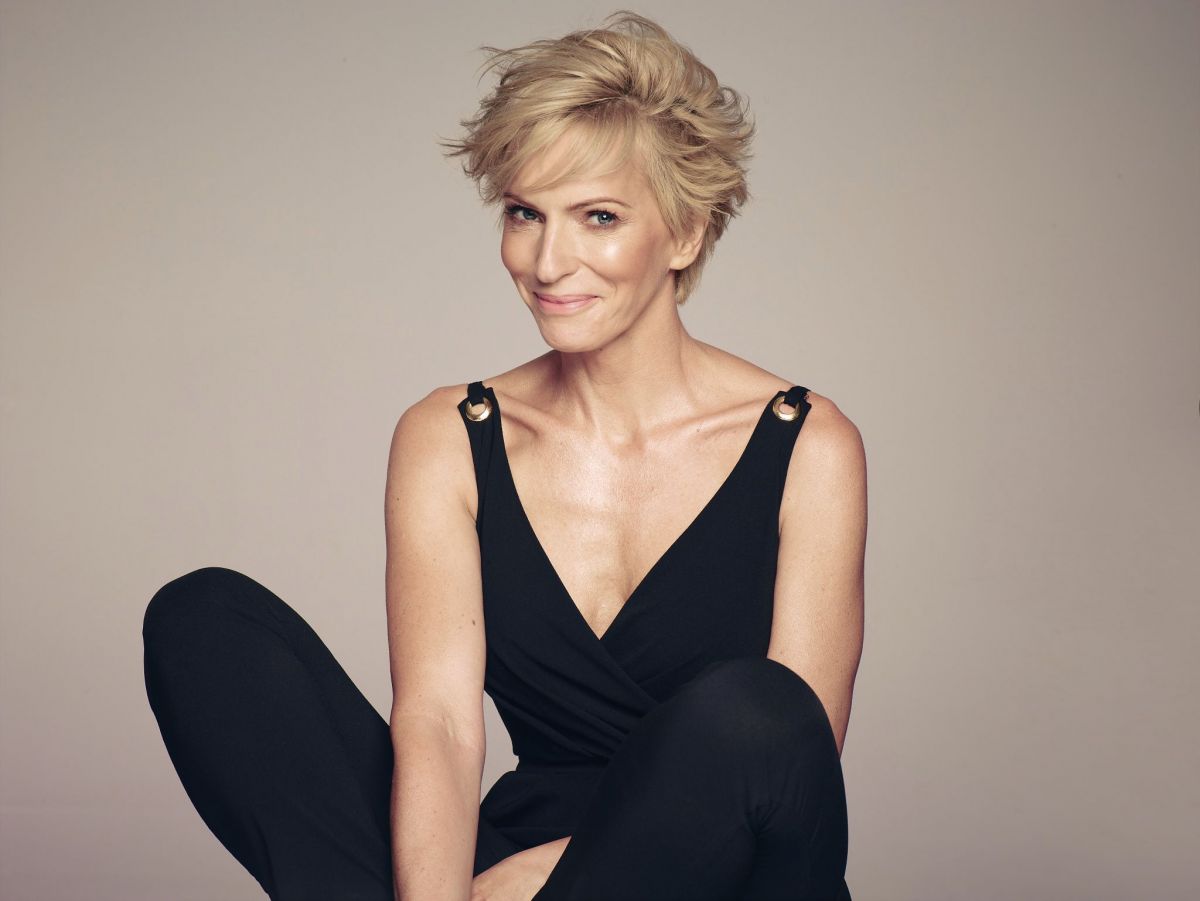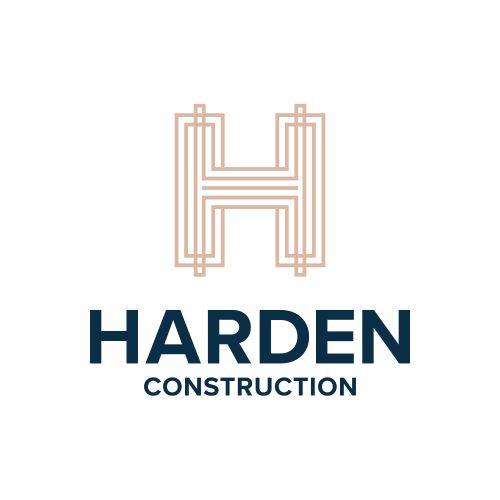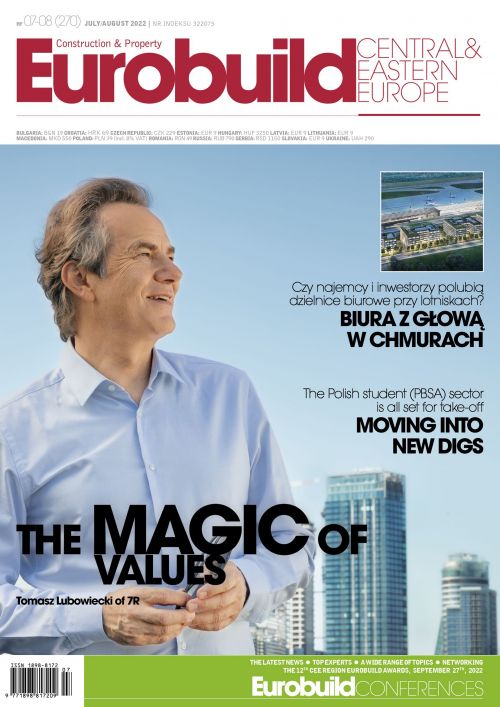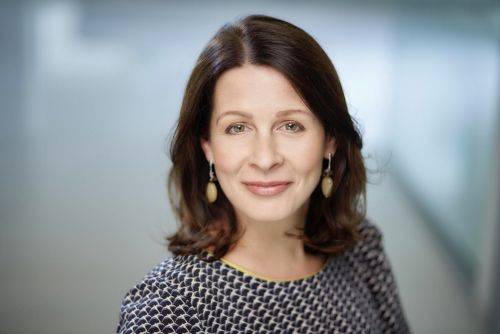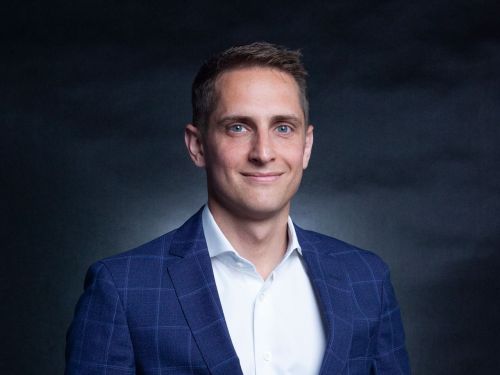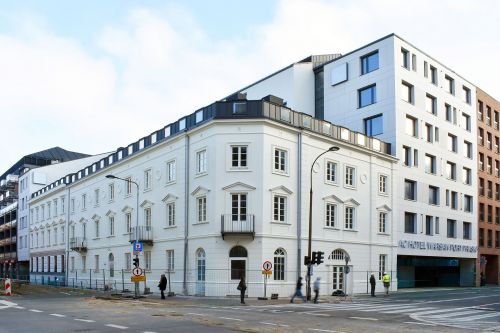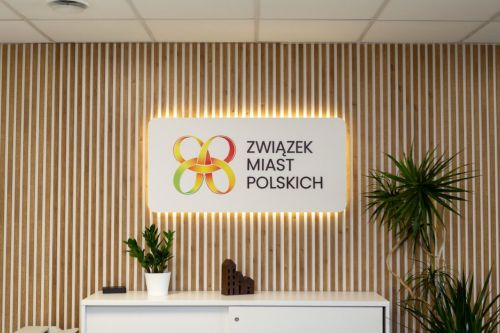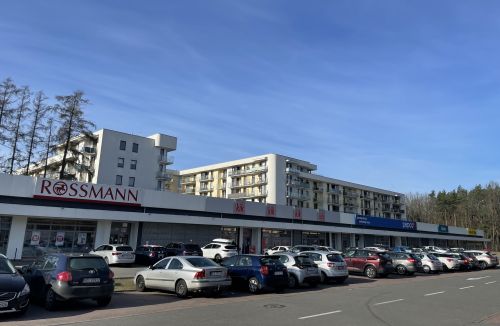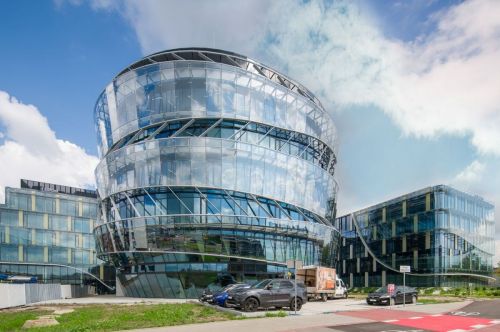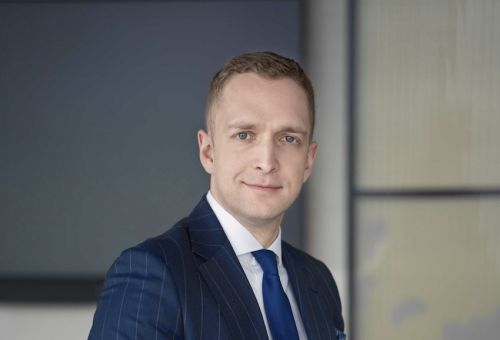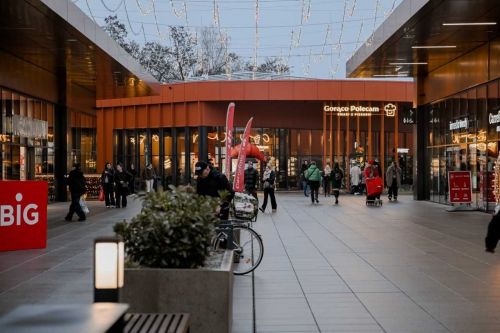How do you feel in your new role? What challenges have you had to face so far at JLL?
Paulina Smaszcz, head of marketing and PR, JLL Poland: I have to admit that I’ve been thrown in at the deep end. My team and I are currently perfecting our new strategy, which is to be introduced in December. Above all, what we are trying to do is to implement and promote it online. Of course, our company is very big and working for it involves a lot of challenges, but I very much like the quick pace and working under time pressure. The most important thing, as always, is the people – and my team is very strong and made up of those who can learn and who inspire me. Moreover, the group is continuing to grow and I’m looking for new faces to strengthen it from the resources that I’ve built up over 25 years in various corporations.
Most of our readers probably know you mainly from your career in the media, but that was only one stage of it. How does your varied experience help
